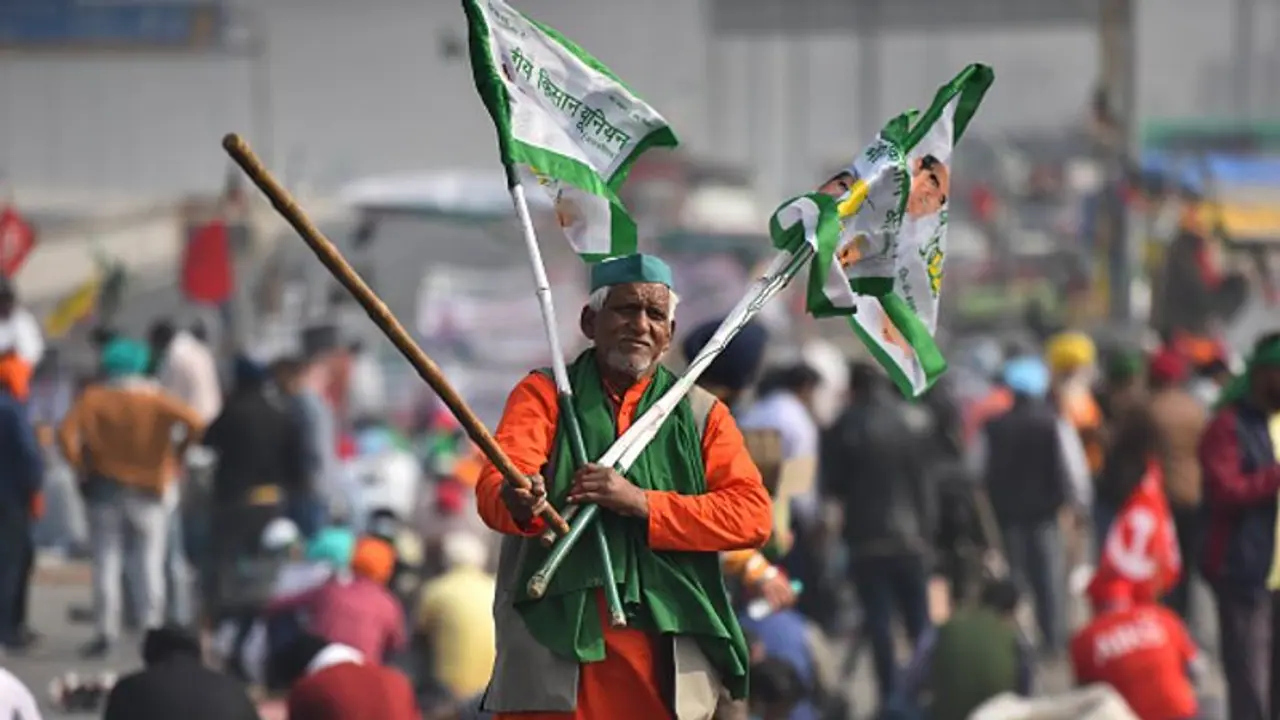Moving away from the clutter surrounding the pizza makers, foot massagers and DJs on tractor at the protest site, let's understand why farmers are camped up outside Delhi in spine-chilling winter.
Late Indian Prime Minister Jawaharlal Nehru once said, 'everything can wait but not agriculture'. Today, though, that is not the case.

Sons of the soil are on the streets; some misguided, others unsure of the new wave of agricultural reforms introduced by the Narendra Modi government.
The chink in the armour of the peasants is apparent. While farmers from Punjab and Haryana have been camping in and around the national capital since over a fortnight, their brethren from other parts of the country seem to appreciate the 3 new farm acts.
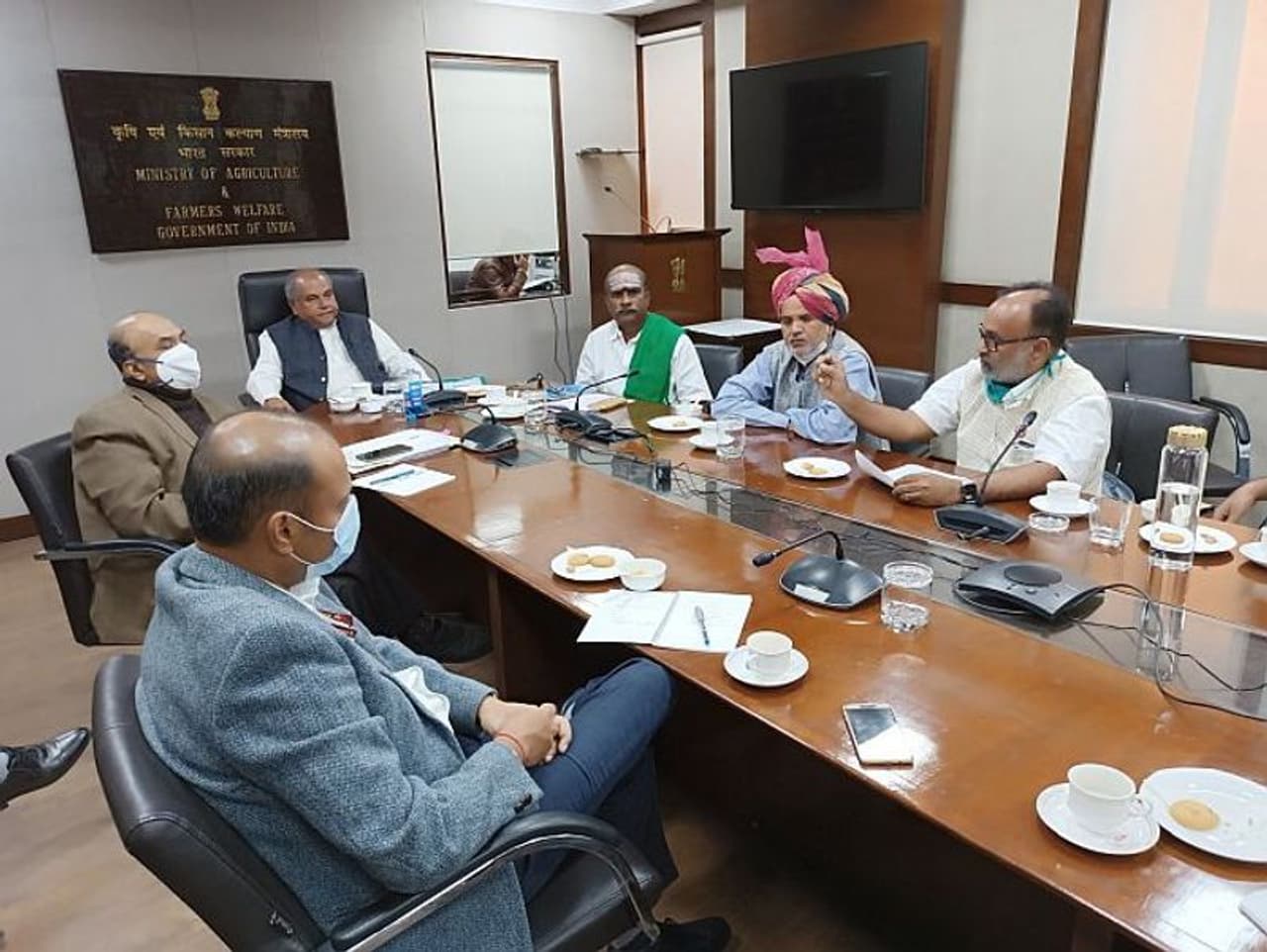
On Monday, 10 organisations from Uttar Pradesh, Kerala, Tamil Nadu, Telangana, Bihar and Haryana, associated with All India Kisan Coordination committee met Union Agriculture minister Narendra Singh Tomar and extended their support to the three farm laws.
Moving away from the clutter surrounding the pizza makers, foot massagers and DJs on tractor at the protest site, let's first understand why farmers are camped up outside Delhi in spine-chilling winter.
The farmers' stand: Repeal the acts
The farmers' adamant stand against the three farm laws stems from some clauses.
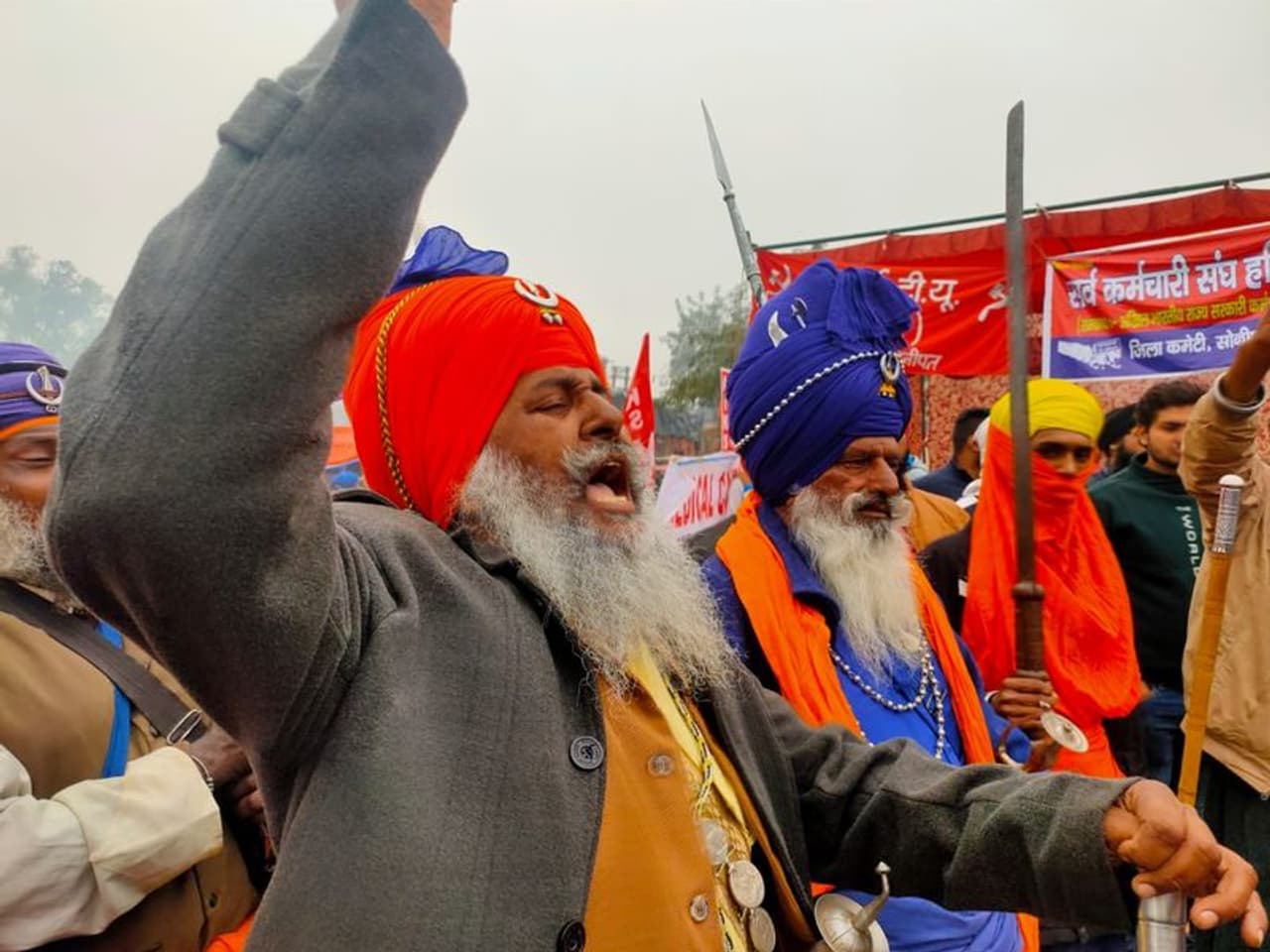
Take for example, Section 13 of the Farmers' Produce Trade and Commerce (Promotion and Facilitation) Act, 2020.
The act says, "No suit, prosecution or other legal proceedings shall lie against the Central Government or the State Government, or any officer of the Central Government or the State Government or any other person in respect of anything which is in good faith done or intended to be done under this Act or of any rules or orders made there under."
Clauses 18 and 19 of the Agricultural Produce Market Committee Act and Contract Farming Act provide no legal recourse whatsoever for farmers or anyone for that matter. In case of any dispute in the business with the corporate buyer, there will be a danger of farmers having no legal recourse. This, farmers also say, will lead to dismantling of the APMCs.
Farmers fear that the take-down of the APMC mandi system will work to the advantage of corporates as in the absence of a guaranteed Minimum Support Price (MSP) they would purchase the crop at the price they want.
Another problem that the farmers have with the FPTC Act is that it permits sale and purchase of farm produce outside the premises of APMC mandis. The Act says that such trade shall attract no market fee, cess or levy under any State APMC Act or any other state law.
The government's stand: Laws are pro-farmer
The government, on the other hand, says that the new reforms offer farmers the choice to sell their produce within the government regulated physical markets existing prior to the passage of the Act or outside it.
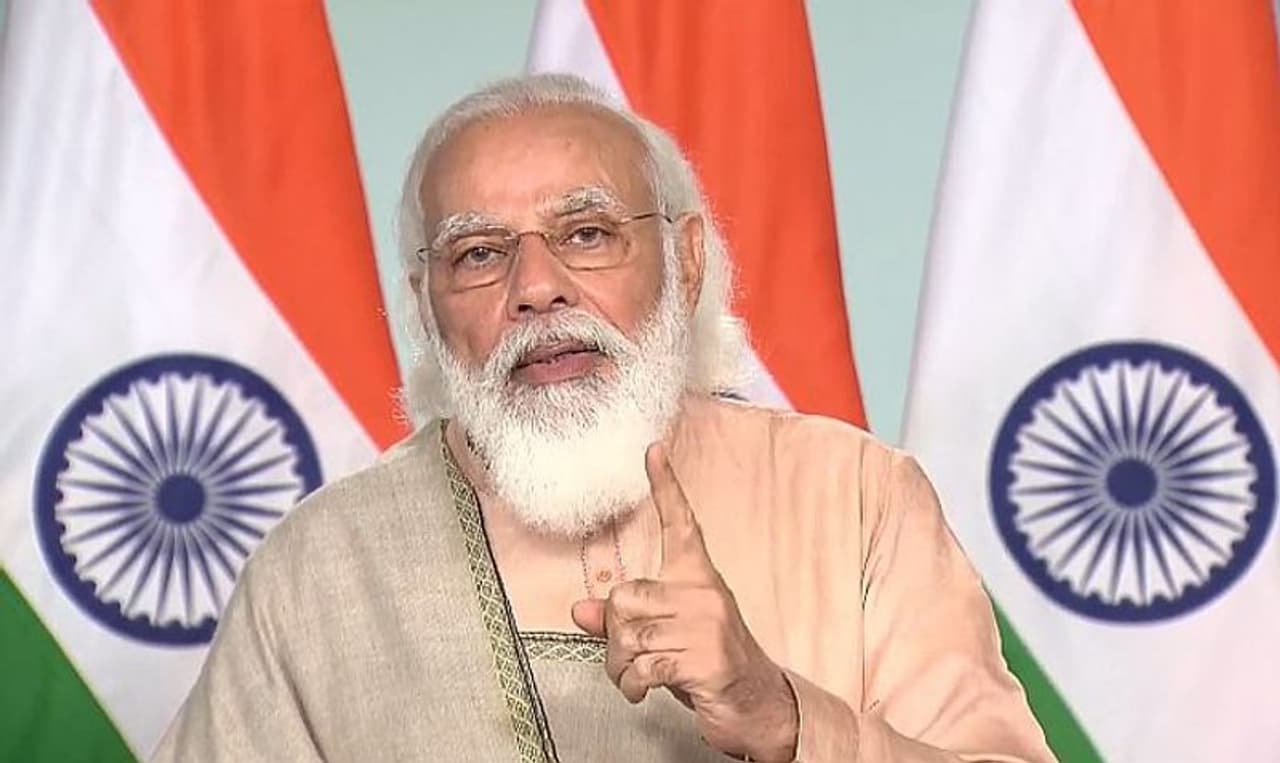
The reforms will also insulate farmers against the market and price risks so that they can go for cultivation of high-value crops without worrying about the market and low prices in the harvest season.
As for the benefits that the farmers would have in the long run, the government’s new legal framework unshackles agricultural marketing in India. Farmers will have the freedom to sell their produce to who they want and where they want. The new law ensures that APMC markets face competition from other markets, forcing them to improve their own functioning to remain competitive.
The other benefits that the government cites include:
* Farmers will no longer be bound to pay a long list of market fees, taxes, and cesses on their produce, thereby improving their returns.
* Contract farming acts as a form of price assurance. It is now nationally enabled and on terms favourable to farmers.
* Farmers will be empowered to access modern input, services and protection against price risk
* Export competitiveness will increase, benefitting the farmers. This also improves farmers' bargaining power which will lead to better returns for them.
* Increased investments in the sector and development of infrastructure will reduce postharvest losses, improve remuneration through grading and sorting and boost linkages to terminal markets in food processing, retail, and exports.
Following the protests, the Centre even proposed amendments like registration of private players, fast track courts for contract farming disputes, strengthening of APMCs, imposing tax on private players. Thus far, the farmers have flatly rejected all the proposals
Will the real farmer please stand up?
Thousands of farmers have been camping near the national capital, led by some who claim to represent their interests. If anything, the protests have exposed the sheer hypocrisy of the political parties who claim to be championing the cause of the farmer.
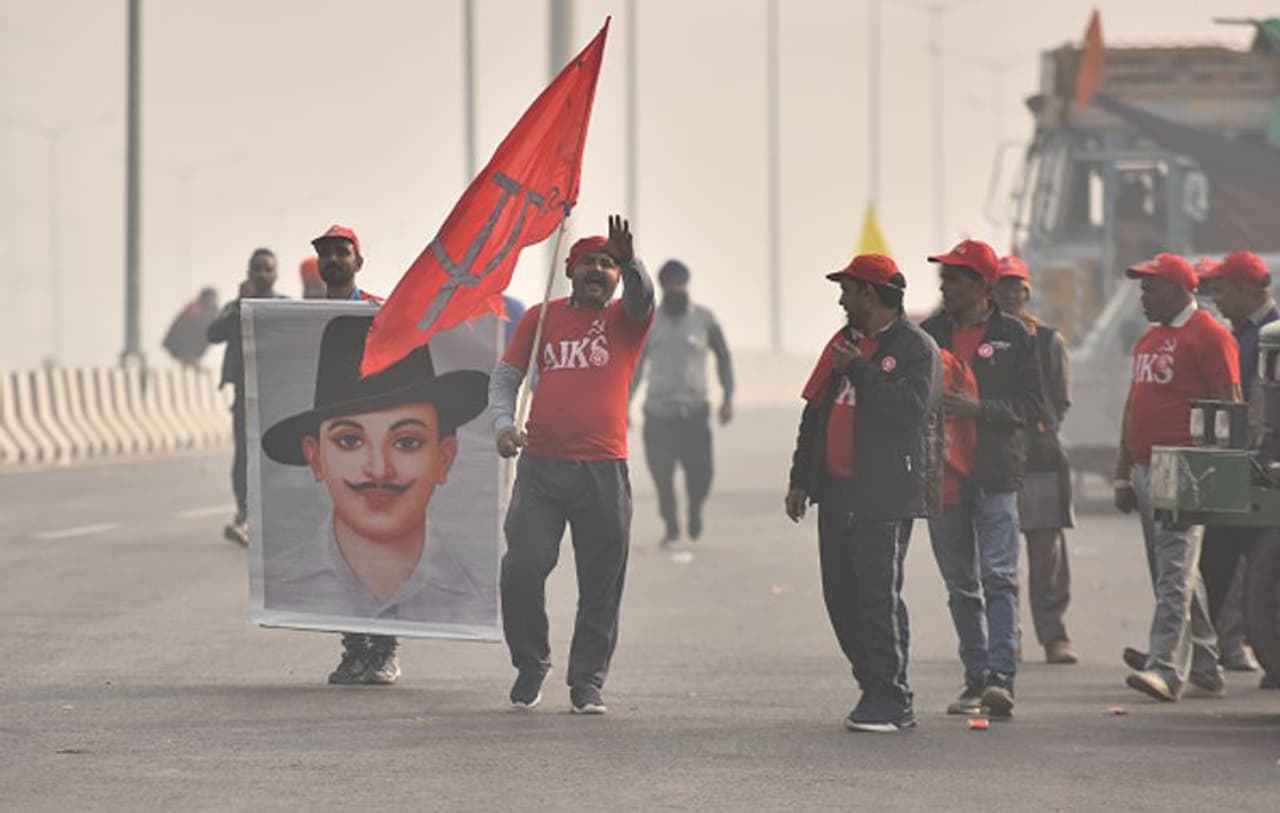
Take the case of the CPI-M. The party, which has been going hammer and tongs over the perceived dismantling of the APMC, had itself sought the same in the 2019 election manifesto. The manifesto promised, "Repeal the model APMC Act, which advocates contract farming; bring farmer-friendly reforms in agricultural markets."
What's more interesting is that Kerala does not have an APMC. Procurement from farmers is done through Kerala State Horticultural Products Development Corporation or Vegetable and Fruit Promotion Council Keralam. Farmers in Kerala believe that APMCs are run by lobbies that determine a lower price for their produce.
However, concerns remain over the entry of private players or corporates.
Another party caught double speaking is the Congress. The party, in its 2019 election manifesto, promised to "repeal the Agricultural Produce Market Committees Act and make trade in agricultural produce -- including exports and inter-state trade -- free from all restrictions. We will establish farmers' markets with adequate infrastructure and support in large villages and small towns to enable the farmer to bring his/her produce and freely market the same."
Isn't this what the law brought about by the BJP saying too?
Why are farmers from Punjab and Haryana at Delhi border?
Why is it that farmers in other parts of the country, say for example Madhya Pradesh or Maharashtra, are not up in arms over the new farm laws? Well, the answer perhaps lies in the dynamics of the state called Punjab.
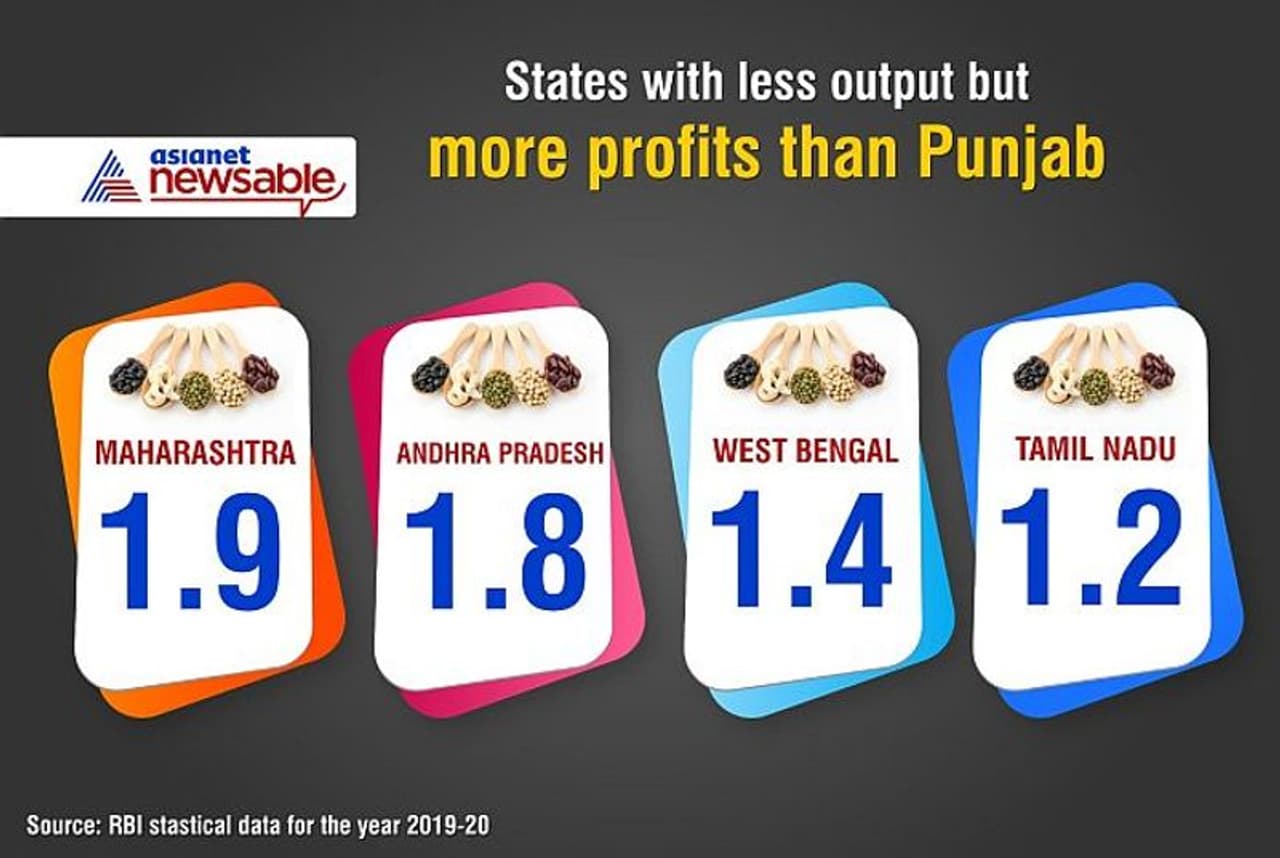
Punjab's agricultural sector has over the years lost its place among the fastest growing state agricultural economies in the country. Punjab has been bypassed by number of other states, including Karnataka, Madhya Pradesh, Maharashtra, Rajasthan, and West Bengal.
Part of the problem is the way Minimum Support Price is perceived in the two states. MSP is seen more as means to augment revenue than as protection against price fluctuation.
Statistics show that the new laws will impact states like Punjab and Haryana that earn through taxes and levies charged on commodities sold in government-regulated markets.
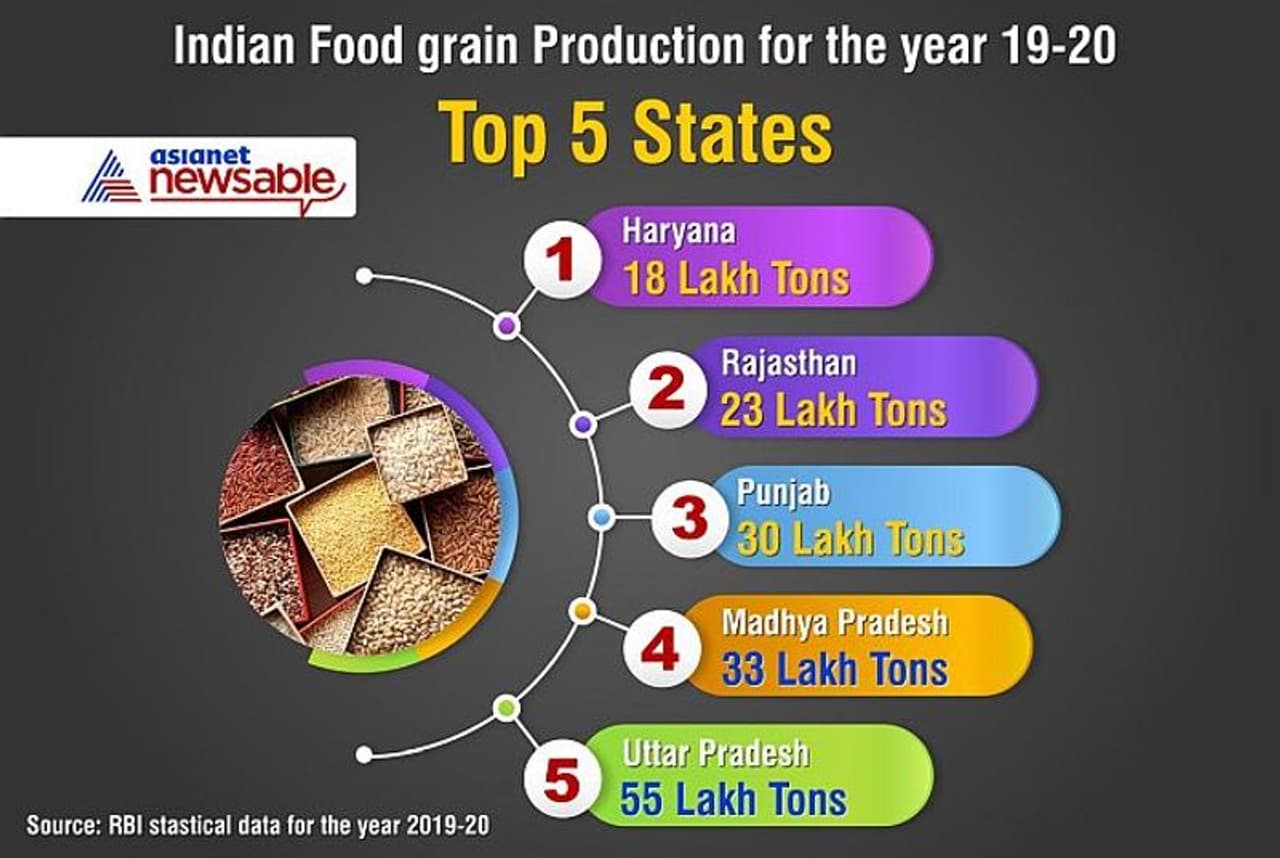
Punjab earned Rs 3,623 crore last year by charging 3 percent each as market cess and market development fee.
Government data also shows that APMC mandi levies and fees add up to 8.5% in Punjab, 6.50% in Haryana, 4.05% in Uttar Pradesh, 3.75% percent in Madhya Pradesh, and 3.15% in Rajasthan
Farmers, especially in Punjab, rely on arhatiyas (middlemen) who charge commissions on the produce. Sample this, Punjab has over 36,000 licensed arhatiyas, who reportedly charge 2.5 percent as commission and earned Rs 1,611 crore last year.
Taking this into account, it is unsurprising why the Punjab government and the middlemen see the new farm laws as a threat.
